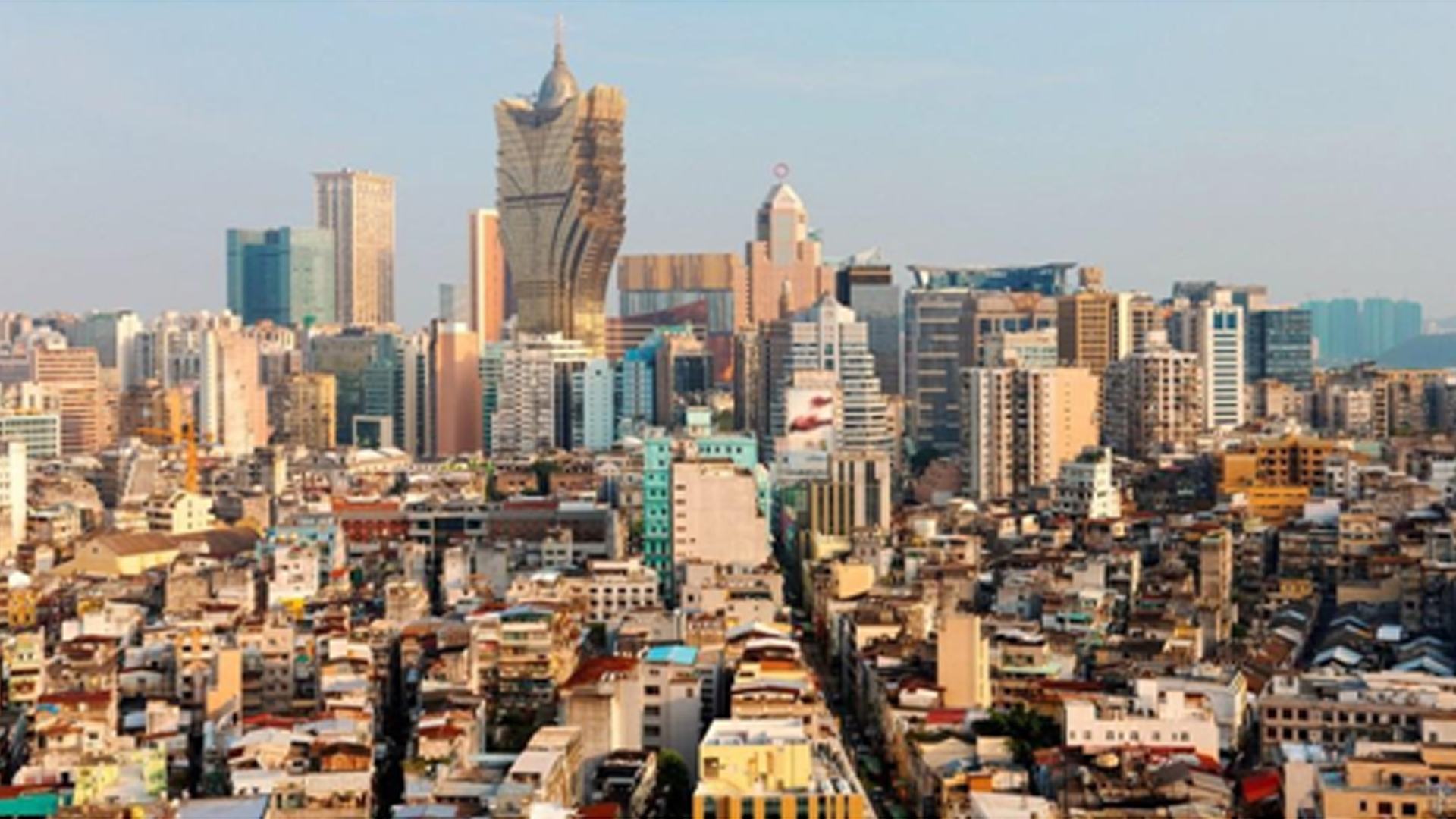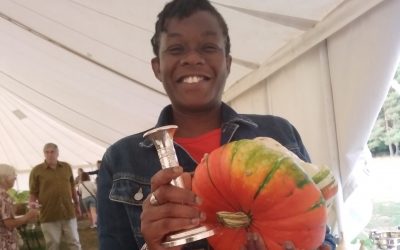The high quality of the UK education system is recognised globally and attracts many international students, who having studied here, go on to make the UK their permanent home, adding to a rich diverse society.
In this blog, Noha is in conversation with John Ho, a member of the TGIUK team. Here, Noha interviews John on his journey from Macau to Britain, what he has learnt about the different cultures and on what makes them similar.
When did you decide to come to the UK?
“I came to the UK in 2015 to pursue my Master’s degree at LSE. I think the main motivation for me to study further in the UK was the opportunity to pursue higher education at a British university. I think British universities, especially LSE, are very diverse and international. I don’t think you can get that experience in many other countries around the world. Especially since English is an international language, it meant I could communicate easily with people of many different backgrounds.
Coming to the UK meant I was also able to access Europe with relative ease. Travelling in the US, for example, would mean driving several hours, but from the UK I could catch a short flight to anywhere I wanted in Europe.
Originally, I did not plan to live here past my studies, but here I am!”
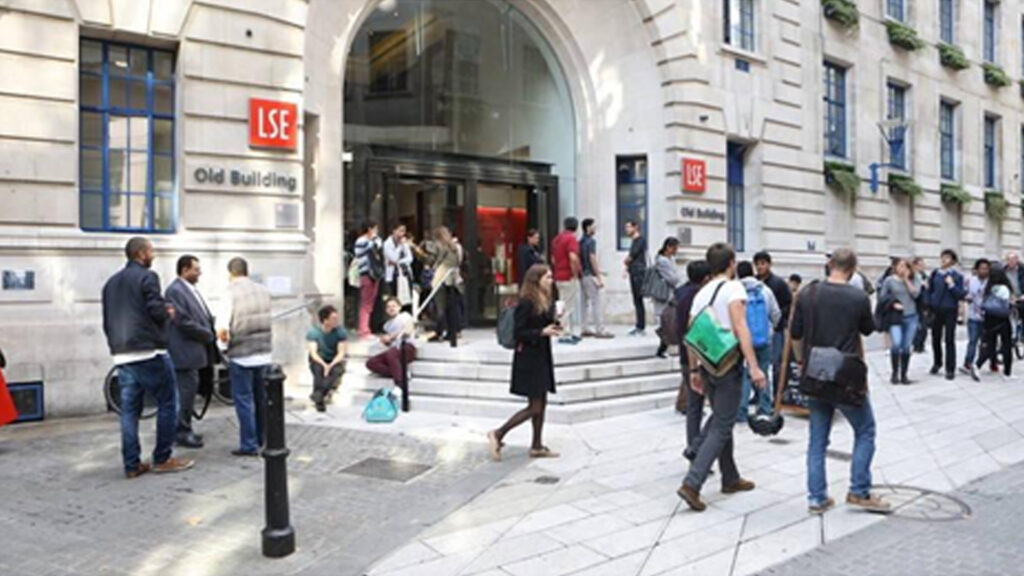
What were your expectations when coming to Britain? Did your experience match your expectations?
“It did meet my expectations in a lot of ways but I did not think I would make so many friends here. You know, you hear a lot of stories of coming here and struggling to make friends with locals who would rather keep to themselves. But I think that’s normal, you hear the same impression with Asian people. British people are regarded as those who keep to themselves and some can be quite reserved.
I think it was true to a certain extent, but once you actually get to know them you can make a strong, meaningful relationship. For example, I met my flatmate at work and now we’re the closest friends and have been living together for over two years now. So, it’s actually been fine to make those friendships.
One thing I would like to add is that even though there are differences between us, we’re very similar at our core. Maybe it’s because I live in London, but I did not have a very difficult time in adapting to a new environment. Of course, I had a transition period in learning about the city and finding people I could turn to if I needed help. Yet, I think Londoners are quite used to interacting with international foreigners, especially in the workplace. You can find yourself working with people from all across the world. You’d be amazed how just in a typical company there will be people from across the globe.
It’s different in Macau, where the people around me were also born and raised there. They would be very excited to see a foreigner whereas sometimes here it could be difficult to spot someone British!”
Focusing more on the experience of migrating here as an international student, what was that process like?
“So, for me, before I came to the UK, I actually lived in several countries in East Asia. I thought of myself as quite versatile; I was used to meeting new people and adapting to living in new places.
When I arrived, the first few days felt drastically different. In all the places I lived in East Asia, you still understood how things worked to a certain extent, but in Britain it was something else. For example, once I came home late at 10PM and wanted something to eat but saw that there wasn’t anything open (that was the night when I had my first kebab in my life!). Yet, in Asia you would never have this struggle. Whenever I wanted to eat, there was always a convenience store selling hot food and restaurants staying open until 1 in the morning. In the UK it doesn’t work like that.
The second thing I found in the whole process of moving was how cautious you had to be when it came to admin. Having lived alone at university far from home before coming to the UK at 21, I thought I’d be fully capable of dealing with all the migration processes. However, I still made mistakes along the way and needed to ask for help. For example, I had completely forgotten to register with my local police station and that fact didn’t occur to me until long after! It’s just those small things that you could easily forget about, and no one would actually remind you to do those things. It would take someone to ask you for your police certificate for you to think ‘Oh I actually don’t have that!’, since you hadn’t registered for it. I was really lucky as I heard stories of people’s immigration status being jeopardised due to some honest oversight.
Also, I didn’t have family or friends living in the UK when I moved. It meant that I just had to figure things out on my own. In hindsight, I should have felt less embarrassed and asked for more help along the way!
On my first day in the UK, I moved into my university accommodation and then I met with other people. They were also international students.”
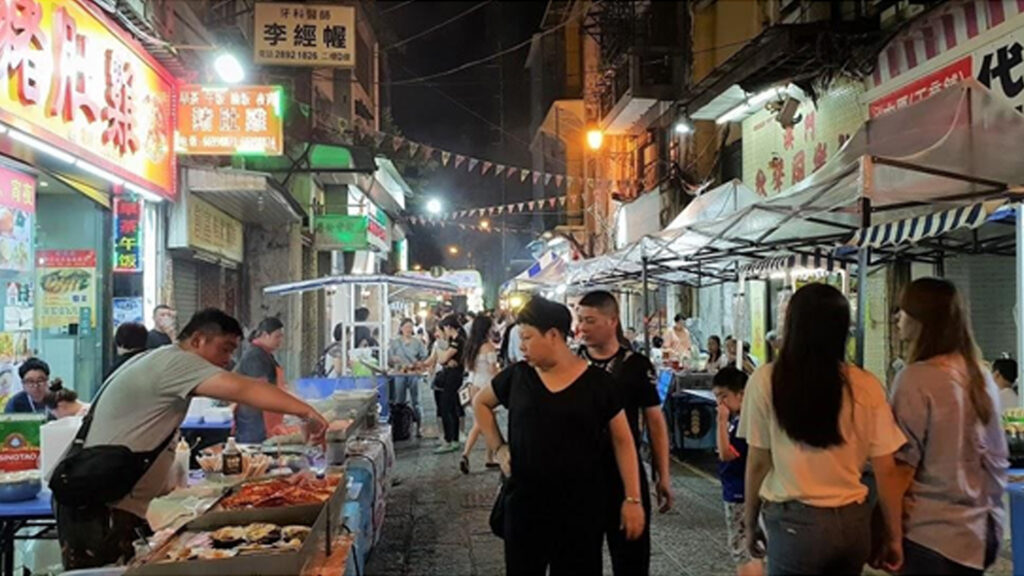
So was that comforting? To have a network of other international students who could relate to you in that way?
“Yes, I think to a certain extent that is true. It was rather interesting actually though because migrating as an EU student and as a non-EU student are two different experiences. If you’re an EU student, there’s a lot of processes and forms you don’t need to do but a non-EU student would have to complete. As a non-EU student, you are required to pass more rigorous immigration or background scrutiny, just like the police registration which an EU student wouldn’t need to do.
So, coming back to your earlier question, I felt like the process of migrating would have been made a lot easier for me if I had a guide. To do all the prep work, I had to research all night and google a lot of things. And that was difficult because sometimes I didn’t even know what to google or if I had missed something!
So while it was nice to be able to bond with my newly met international friends going through the same process, it would have been a lot better if I had someone who had experienced it all to advise me on what to do.
That’s also why I really enjoy what we’re doing here at TGIUK, because we’re sharing stories from migrants with the hope that there will be something useful for other migrants to take.”
To move more broadly and away from university life, could you talk a little bit about what you found in British culture that differs from Macau? And perhaps how you think people from Macau view Britain?
“Hmm, so I think our perception could sometimes be a little skewed because we grew up watching TV programmes in English – yet most of them were actually American shows. As a result, some people could mix that up with Britain.
I also think that for many people from Macau, and certainly once for me, we view the West as a whole. I think there’s certainly some generalising, like ‘If you’re a Westerner then you do this…’ But it’s never that simple right? I mean, when I came here, I was quite surprised that amongst Europeans there are huge cultural differences.
One thing that stood out to me was the drinking culture in the UK. People go to pubs quite regularly as a social activity. In Macau, no one goes to a pub as there is not an equivalent. There are bars but they are mainly for business gatherings. Here, drinking is more of an everyday thing. During my first year in London, I realised I had to learn a lot more about drinking – as I had to ask my classmate what a G&T was in a pub!
So, it actually took a lot of time and effort for me to understand these everyday social norms. Another example would be football, which is not hugely popular in Asia. Now, I’m fine and well-acquainted with it all, it just takes getting used to it.
Also, the difference in work culture. Whereas in Asia you could get an email or WhatsApp message related to work from your manager in the evening or late night, there is an expectation in European work culture to keep all communication between the general working hours. It’s not anything about being rude, but it’s generally acceptable in Asia to have that communication in the later hours even though you’re not expected to respond immediately. In comparison, in Britain that isn’t normal since people establish and respect the boundary between personal and professional lives.
Ah, and there was also one big thing I had to get used to: sarcasm. Chinese people are certainly more direct. When I’m working with British-born colleagues and they say “It’s okay”, I have to figure out if they actually mean that. In my culture, if people did not like something, they would say it to your face! A lot of the time, I take words literally, whereas often from British people I have to second-guess their words sometimes.”
To ask the reverse, what do British-born people think of Macau? Did they know much about the region and how did you speak about this region to them?
“Ah yes, it’s always a complicated question for me to answer. Macau is not a straight-forward place to explain. Usually, I start off by talking about Hong Kong, which as a former British colony is more recognisable to people from the UK. Macau is quite near Hong Kong and is a former Portuguese colony. Both Macau and Hong Kong are now part of China but we have our own passports. Macau has its own autonomy, including its own jurisdiction, legal and economic systems. In a similar fashion to England, Wales and Scotland, Macau sends its own representatives to compete in international sports events.
Often when I first mention the word ‘Macau’, people ask where that is and can guess anything from Europe to Africa! Perhaps, to many ‘Macau’ doesn’t sound much like the name of an Asian region.
What can often be a misconception is that when I say Macau is part of China, some people instantly think that whatever applies to China automatically applies to Macau. It’s important to note that within China itself there are so many different subcultures – like you would find in India or the US, for example. Even in the UK, there is a big difference between Scottish and English culture! I have seen people try to find some common ground and mention a Chinese practice like it’s something Macau people practice. For example, they might say “Oh do you eat a lot of dumplings because my friend from China has them all the time!” Obviously, people do that with good intentions but they forget that there are many cultural variances and tend to generalise when they talk and think about them.
For two people to learn about each other’s cultures, there must be a two-way process. People who are British and American do have some leverage, considering that English is an international language which is mandatory to learn in some other countries. In my opinion, this has discouraged native English speakers to explore other cultures when it is not necessary for them to pick up a second language.
As a teenager, I learnt English from American and British TV, which though not always accurate, allowed me to acquire a basic impression of Western cultures. But British people don’t have the same privilege, as they might not ever see an Asian TV show in their life.
So, to answer your question, certainly, it can be difficult to introduce and explain Macau to some British people as they usually are not aware of the region. But most of them are open to learning about where I am from and are excited to hear my stories.”
I think it’s certainly interesting, that idea of the ‘East vs West’ divide. Both sides may view the other in the same category even when we are aware of the vast differences between our own regions. Have you travelled to Macau since you came to Britain and if you do, what is it like to go there each time?
“I always try to travel to Macau at least once a year. The time difference is about eight hours and even the red-eye flights can be about thirteen hours. To go home, I need to fly from London to Hong Kong and then take a ferry to Macau. It’s quite the journey!
When I go back, I feel home. It’s the place where I was raised and I still feel deeply connected with it despite having lived in Britain for a long time. My education and experience from the UK have definitely given me fresh perspectives, but they have not altered the way I interact and behave with people at home. Every time I go back though, people are always curious about what I’ve been doing in Britain. Like the way you’d ask about a friend who has gone on a long holiday!”
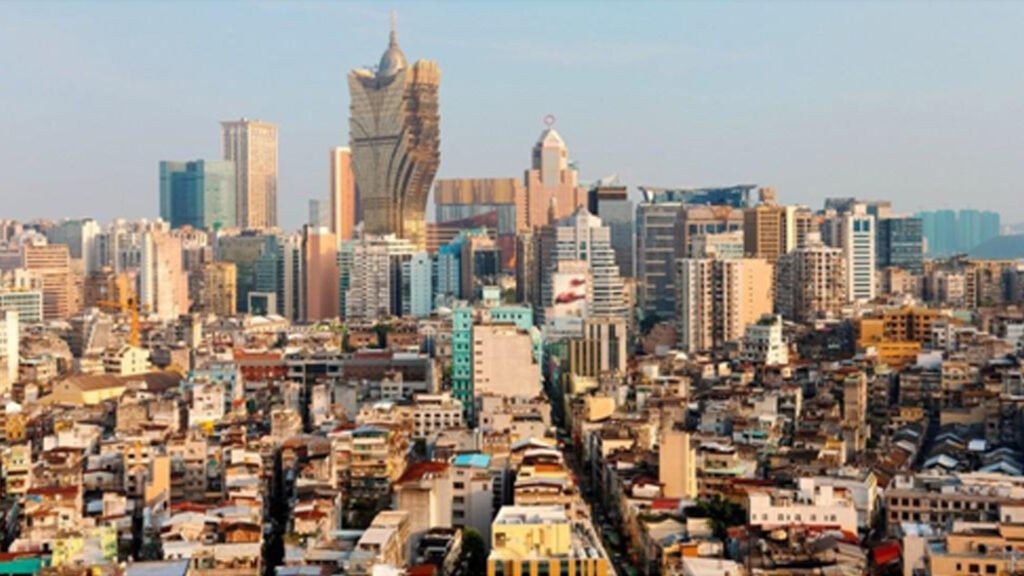
Is there anything you look forward to doing in Macau that you can’t really do or isn’t as popular to do in Britain?
“Hmm, let me think. Well, one social activity to do in Macau is to do karaoke together. I mean, you can do that in London but it’s not quite the same. I think here karaoke is something that only a minority of people do and you do it in a pub to a big crowd. It doesn’t really work like that in Macau where, for example, if you’re a group of ten, you can hire your own room and do it as a group. So that’s quite fun and I do miss doing it.
In Britain there is a lot of planning, in terms of pre-drinking and transport. Whereas at home, I think having a night out can be more freeform and spontaneous since transport is always open and people don’t usually get drunk at parties!
However, I do think in London there are more things like museums and theatres which there are not as many of in Macau. It just means there are different ideas of social activities and I enjoy doing and being a part of both.”
Karaoke sounds like a lot of fun! As we approach the end of our conversation here, I wanted to go back to our talk of moving to Britain. As you said, part of the main purpose of TGIUK is to provide migrants with information and stories that they might find useful. With your hindsight, what advice would you give to migrants looking to come to Britain?
“I would just say for anyone, one of the best things to do is to have a diverse circle of friends. I think it’s very easy for people, including myself when I first came here, to hang out with people from the same background as myself. Although it could be a bit daunting, I think I’ve managed to push past that and widen my circle. Coming here alone meant that I didn’t have familiar people to fall back on and that was a great thing for me; it forced me to make friends with people who have completely different backgrounds to me.
It’s so important to learn about other people’s cultures. Reading a book about another culture, for example, is not enough. You have to meet up with people and have a true conversation, and that understanding will come over time. So, I would say to keep an open mind and be brave but also to respect boundaries to not have fixed expectations about another person’s culture.”
That’s definitely some great advice. For my last question, I would like to ask what similarities come to mind when you think of British and Macau culture?
“I would say it’s how we all care about each other. Caring and asking after your family and friends is something all of us do, both here and in Macau.
With a friend or family, you can always rely on them for help and support. I had a great misconception with ‘Western’ culture, where people might not be as caring. British people are caring, they are just used to being reserved and holding their emotions in front of others. There’s not much difference once they open up. The way I talk to my parents is just so similar to the way my British flatmate does to hers.
We’re all the same on a fundamental level after all. Having that support system in your family and friends is something we all need and so that’s an important part of any culture.”
Those are some wise words and they hold a great deal of truth in them. Thank you, John, for this insightful interview. We’ve managed to cover a lot and I have learnt so much about both British and Macau culture. I believe your responses will be useful to a great deal of people and your answers have certainly been thought-provoking. Thanks again!

